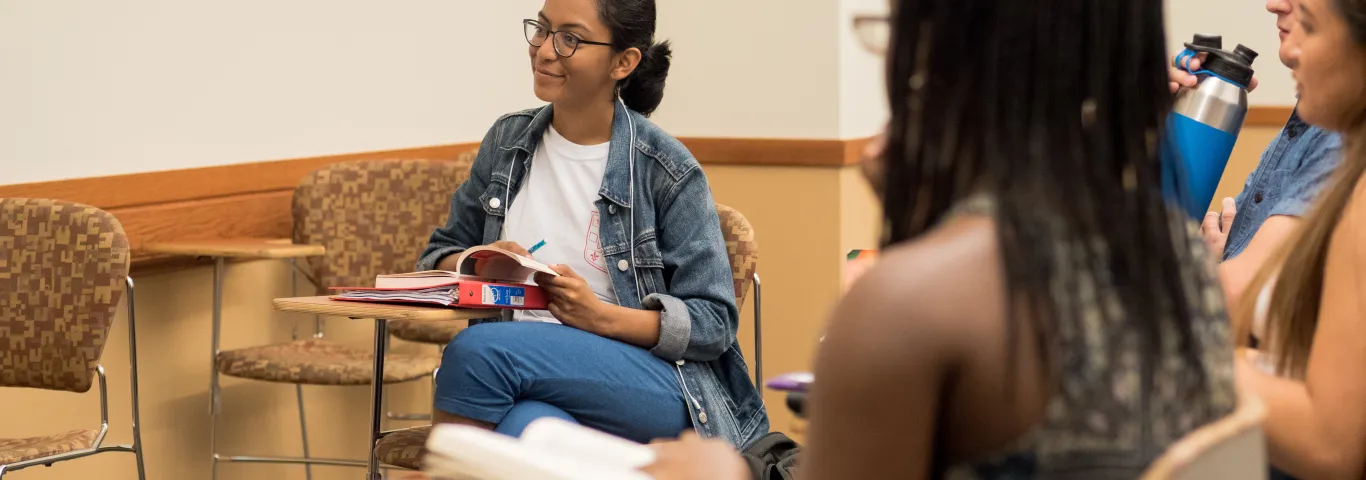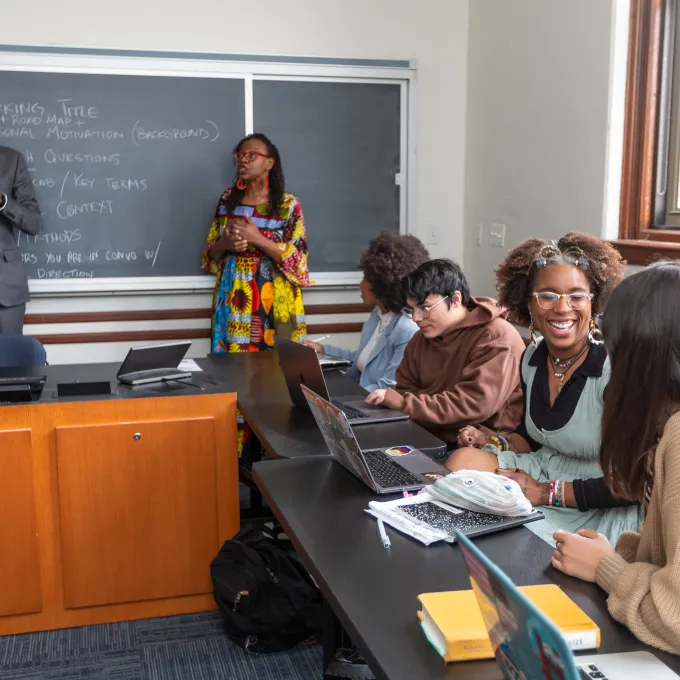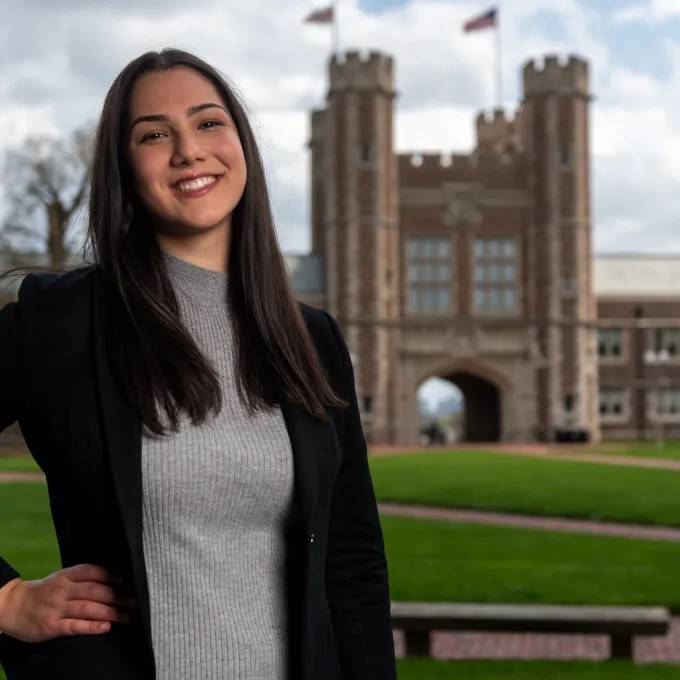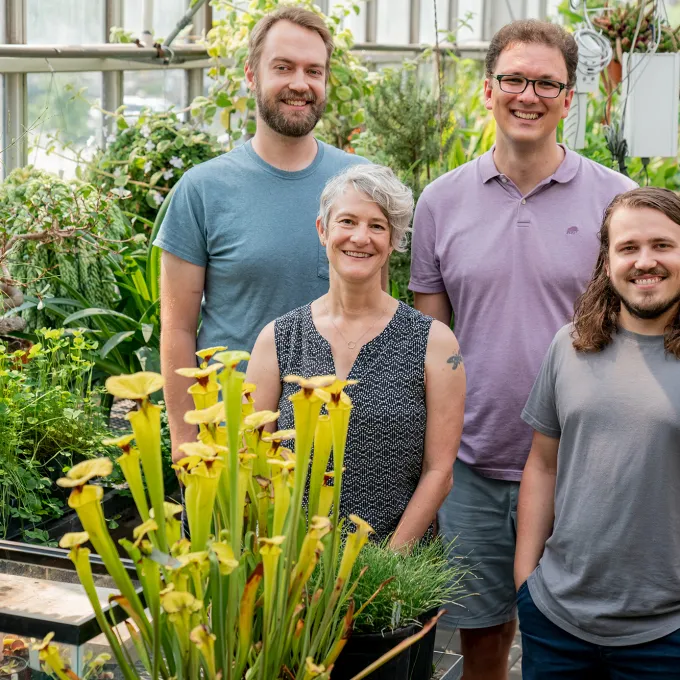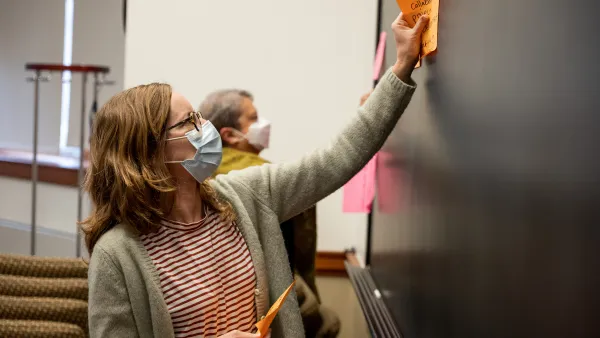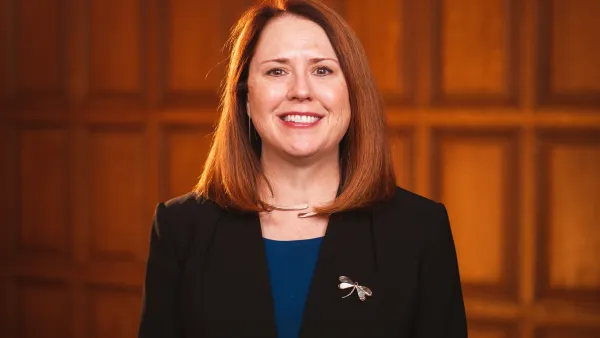The Arts & Sciences undergraduate curriculum will provide students with a set of literacies and competencies that are indispensable for their future careers, their roles as engaged and responsible citizens, and their well-being as individuals.
Our innovative literacy-based approach focuses on the acquisition of multiple knowledge areas and skills as well as diverse perspectives necessary for successfully navigating a complex, ambivalent, and rapidly changing world. The sets of literacies include:
- Applied problem solving
- Collaboration and leadership
- Communication dexterity
- Creative and innovative practices
- Critical and interpretive skills
- Ethical reasoning
- Historical, social, and contextual understanding
- Integrative thinking
- Intercultural and global fluency
- Quantitative data analysis
- Systematic inquiry
The explicit concentration on literacies leverages the Arts & Sciences curriculum in all disciplines and on all levels by asking faculty to identify and signpost literacies that transcend the subject matter of a course. Additionally, it integrates into four-year advising exercises in which students reflect on and articulate their acquisition of literacies, with the goal of enabling them to craft a narrative about the knowledge and skills they have gained, which they can take into their postgraduate lives. This approach prepares students to understand the value of their education, meet the challenges of the workplace, and engage meaningfully with society.
Learn more:
